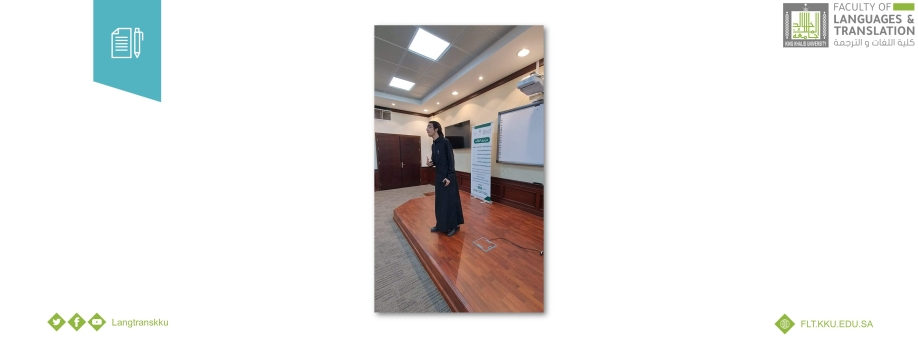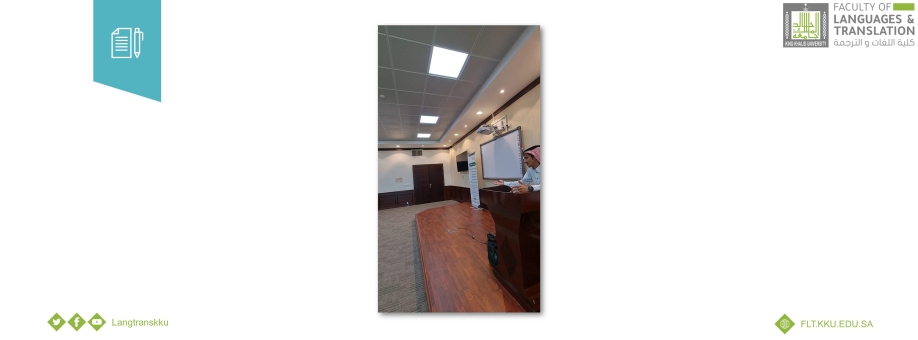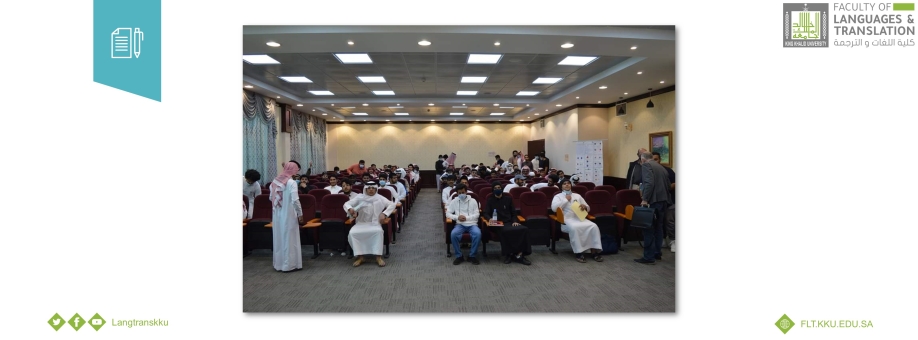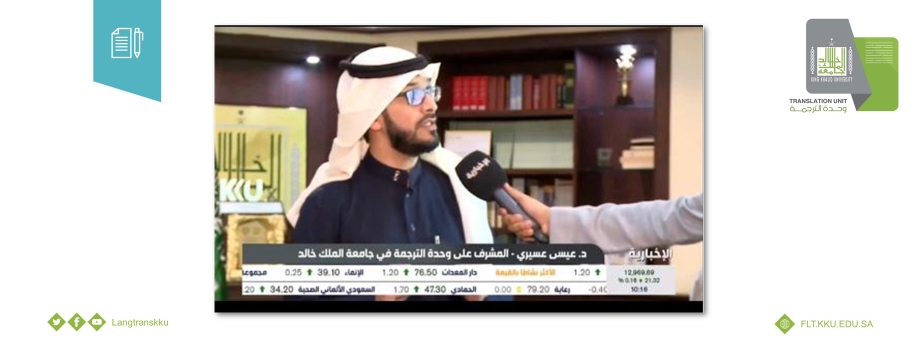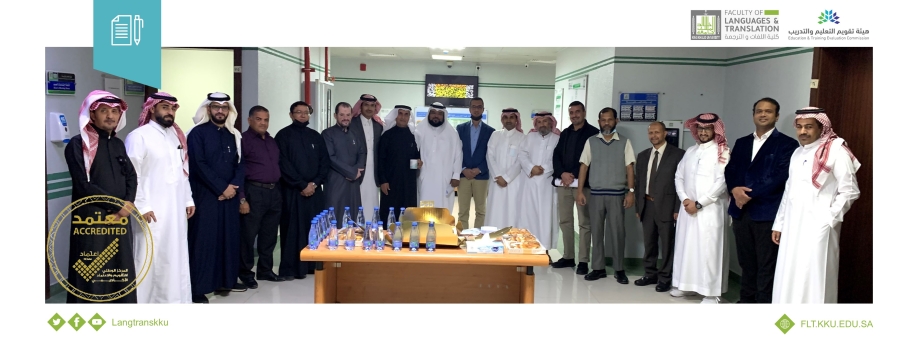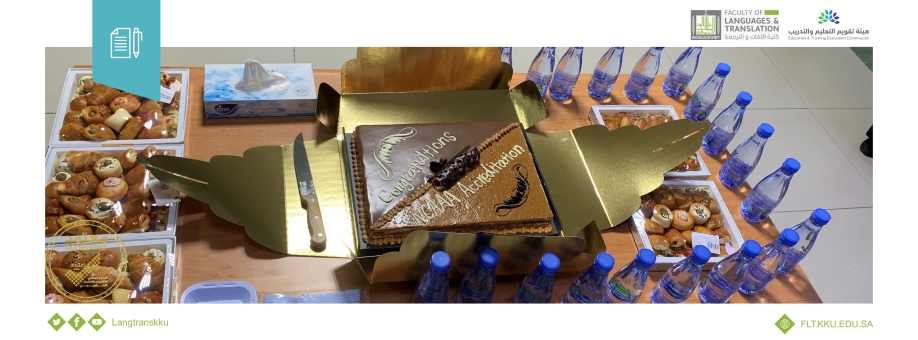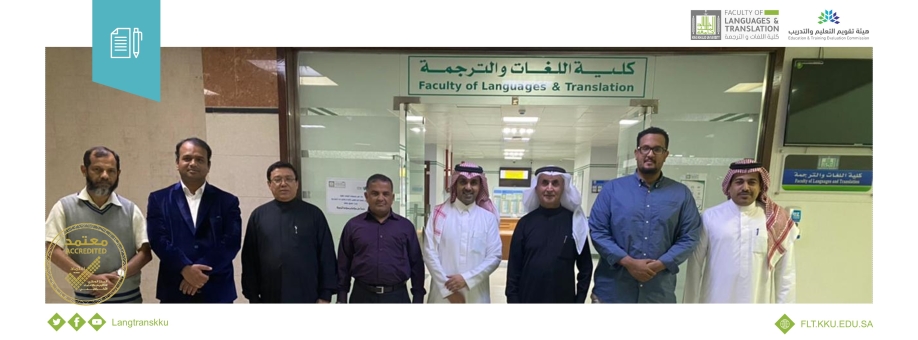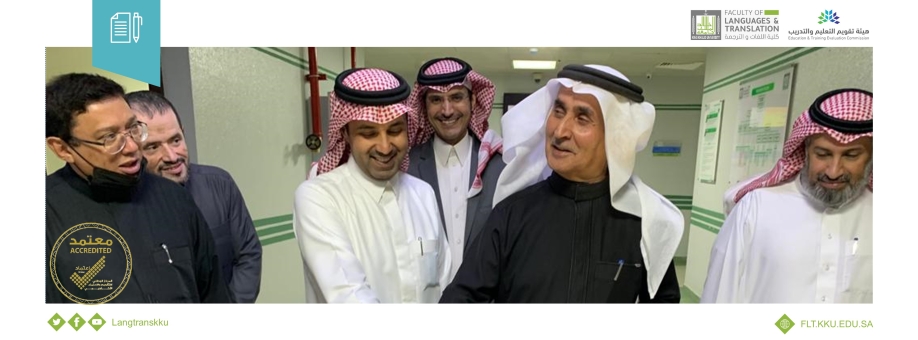Virtual Internships: Faculty of Languages and Translation Partners With the Forage Platform To Offer Free Work Experience to Students
The Alumni Unit of the Faculty of Languages and Translation hosted a webinar on a new virtual internship-based learning project on October 25, 2022, with the goal of integrating employability into all undergraduate and graduate programs. The objective is for all undergraduate and graduate students to acquire employability skills that are aligned with learning outcomes and help them prepare for a competitive job market.
In response to the increased demand for digital skills programs post-Covid-19, the Faculty of Languages and Translation worked to find innovative and expedient means for our students to acquire essential employability skills. After an initial agreement with Forage to become a university partner in July 2022 and further correspondence to officially integrate the Faculty of Languages and Translation platform onto Forage, it became clear that our goals were the same: to let students access online virtual internships from anywhere, at any time, with no restrictions.
Dr. Abdulrahman Almosa, Vice Dean for Academic Affairs and Development, kicked off the webinar moderated by Mohsin Reza Khan by introducing the Forage and explaining that students will be able to develop their skills and try out different roles and industries by working through self-paced modules, noting that students and alumni will gain a better understanding of the diverse and exciting career paths available. He emphasized the importance of students and alumni having the skills and confidence necessary for success as they transition from the classroom to the professional world. Following after, Hassan Costello continued to provide additional background information on the Forage. He emphasized that companies on Forage believe talent is more important than connections and mentioned that it is a great way to demonstrate an initial interest or passion for a specific organization and the type of work they do, which will be advantageous in any future recruitment process. He explained that after completing a program, students and alumni would receive a personalized certificate and a digital certificate that serves as evidence of acquired skills. He then highlighted that those who complete an online internship program could update their LinkedIn profile, resume, or CV under the "Certifications" section with their new skills to boost their credentials and kickstart their career growth. "Employers are twice as likely to interview a Forage candidate and four times as likely to offer them a position," he concluded.
Abdussalam Tahir Abdulmajid, a senior, described his experience completing virtual internships on the Forage, emphasizing that signing up is user-friendly and the courses are self-paced. He highlighted that one program requires five to six hours to complete and that you can complete as many as you like. With over 190+ courses to choose from, Abdussalam encouraged his fellow students to sample what real-life work at leading companies would be like and to fully explore their interests.
The webinar participants were then able to pose questions directly to Abdussalam and Dr. Almosa during a lively Q&A session.
Date: 10/26/2022
Source: Faculty of Languages and Translation

